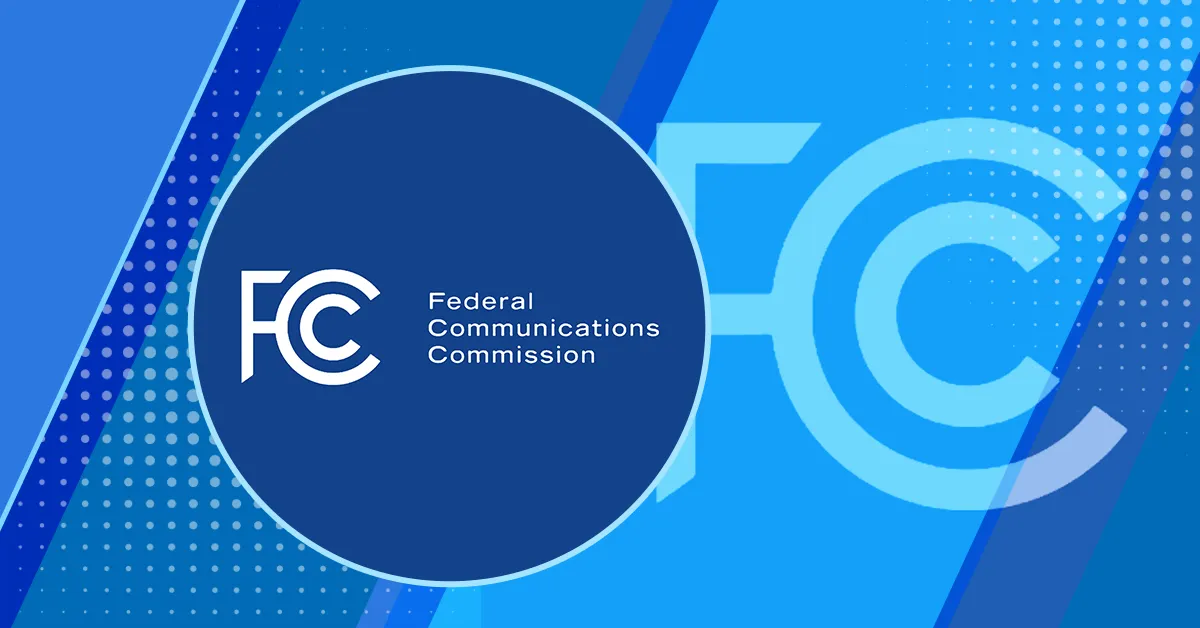FCC Conducts Public Consultation on AI-Driven Robocall and Robotext Regulations

Overview of the FCC's Proposal
The Federal Communications Commission (FCC) is soliciting the public's feedback on its proposal aimed at regulating AI-generated robocalls and robotexts. This consultation seeks to ensure consumer protection while addressing the rise in unsolicited communications.
The Need for Regulation
With the increasing sophistication of AI technology, robocalls and robotexts have surged, making it essential for regulatory oversight. The FCC's initiative aims to establish rules that will:
- Reduce the prevalence of unwanted communications.
- Enhance consumer privacy.
- Encourage responsible use of AI in telecommunications.
Public Consultation Process
The public can submit comments regarding the proposed regulations, providing a platform for citizen engagement in technology governance. Input from individuals and organizations is crucial in shaping these rules.
Conclusion
This FCC initiative represents a significant step toward regulating AI-driven communication technologies, balancing innovation with necessary protections for consumers. The outcome of this consultation could lead to transformative changes in how AI is employed in telecommunications.
This article was prepared using information from open sources in accordance with the principles of Ethical Policy. The editorial team is not responsible for absolute accuracy, as it relies on data from the sources referenced.